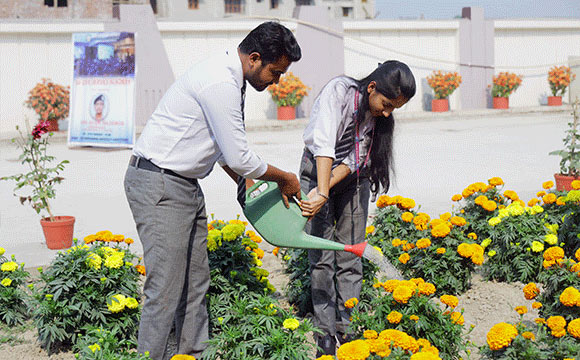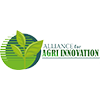Programme Overview
Swami Vivekananda University offers M.Sc. (Agriculture) in Agronomy program designed in accordance with the ICAR BSMA Committee syllabus, ensuring a comprehensive and research-oriented curriculum. The university provides state-of-the-art facilities, including well-equipped laboratories, precision farm machinery, modern greenhouses, and extensive experimental fields, fostering advanced agronomic research and practical training.
The M.Sc. Agronomy program at Swami Vivekananda University emphasizes crop production technologies, soil fertility management, precision agriculture, climate-resilient farming, and sustainable agricultural practices. The curriculum integrates cutting-edge agronomic research with innovative farm management strategies, preparing students to address contemporary challenges in crop production and resource management.
The university has strong collaborations with agricultural research institutions, government agencies, and agribusiness industries, providing students with hands-on training, field demonstrations, and industry exposure. This practical experience ensures that graduates are equipped with problem-solving skills and scientific expertise to contribute effectively to the advancement of agronomic sciences.
Additionally, the program incorporates agricultural extension services, rural development initiatives, and community-based projects, enabling students to actively participate in knowledge dissemination and farmer support programs. The emphasis on sustainable and climate-smart agronomy ensures that graduates are well-prepared for careers in agricultural research, academia, agribusiness, and policymaking.
Swami Vivekananda University’s M.Sc. Agronomy postgraduates are highly sought after for their technical expertise, research proficiency, and commitment to sustainable agricultural development. The university’s holistic approach to agronomic education ensures that students not only gain theoretical knowledge but also develop practical problem-solving abilities, making them valuable contributors to the future of sustainable agriculture.








